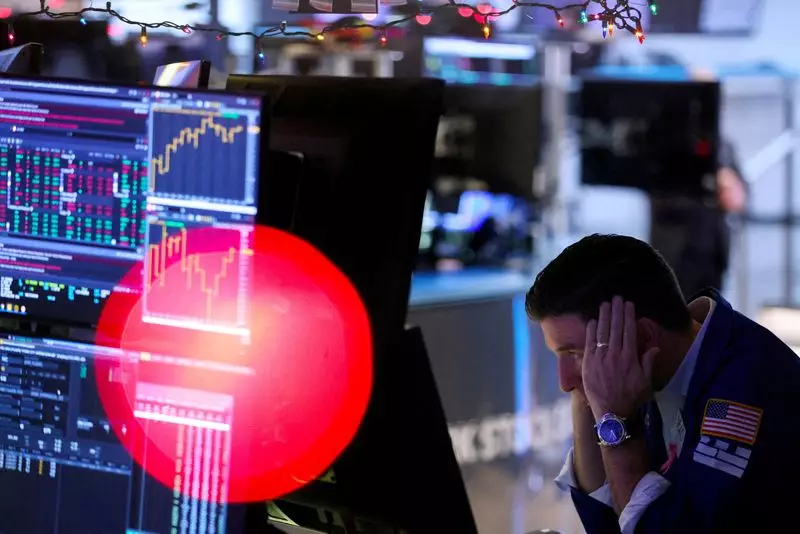In the ever-fluctuating world of finance, the need for prudent investment strategies is paramount, particularly in light of geopolitical tensions such as the ongoing conflict in the Middle East. Analysts at UBS advocate for a robust approach to investment that emphasizes diversification and systematic asset allocation. By spreading investments across a broad range of asset classes, investors can mitigate the risks associated with political instability, as seen in the current heightened tensions between Israel and Hezbollah. Although the immediate global market repercussions have been relatively modest thus far, analysts caution that further escalation involving major players like Iran and the United States could severely disrupt global energy supply chains and induce significant financial volatility.
The potential for disruptions in energy supplies, particularly through critical chokepoints like the Strait of Hormuz, highlights the importance of hedging strategies for investors with exposure to oil markets. While current oil prices have shown resilience, any escalation could lead to dramatic fluctuations, pushing Brent crude prices potentially above $100 per barrel for extended periods. Such shifts would not only affect energy companies but also have ripple effects across global markets, impacting inflation rates and geopolitical strategies. Those invested in energy-related assets may find themselves with a protective cushion against sudden price shocks, supporting the argument for a diversified investment portfolio.
Another valuable asset to consider during periods of geopolitical unrest is gold, which has historically been viewed as a safe haven for investors. With gold prices surging nearly 30% this year, it remains an attractive option for those seeking stability amidst uncertainty. Forecasts suggest that the combination of anticipated interest rate cuts by the U.S. Federal Reserve, a seasonal uptick in jewelry demand, and continued buying from central banks could further buoy the prices of gold. Such dynamics reinforce the asset’s role in providing a stabilizing influence within a diversified portfolio, particularly during turbulent times.
Moreover, in light of market volatility, UBS analysts underscore the importance of maintaining exposure to high-quality credit assets. These instruments often offer a buffer against the fluctuations seen in equities or commodities, ensuring that investors can weather periods of instability without significant detriment to their portfolios. While tensions in the region have prompted the depreciation of the Israeli shekel, which in turn pressures the country’s fiscal health, market participants are urged to remain focused on broader economic indicators rather than overreacting to localized conflicts.
Ultimately, the key takeaway for investors amidst geopolitical tensions is the critical role of diversification and strategic asset allocation in bolstering portfolio resilience. As conflicts like the one occurring in the Middle East unfold, maintaining a well-rounded investment strategy that includes energy assets, gold, and high-quality credit can help navigate the tumultuous waters of global finance. Investors should remain vigilant, prepared to adapt their strategies as geopolitical developments evolve, ensuring that their portfolios are not only protected but also positioned to capitalize on opportunities arising from shifting market conditions.

